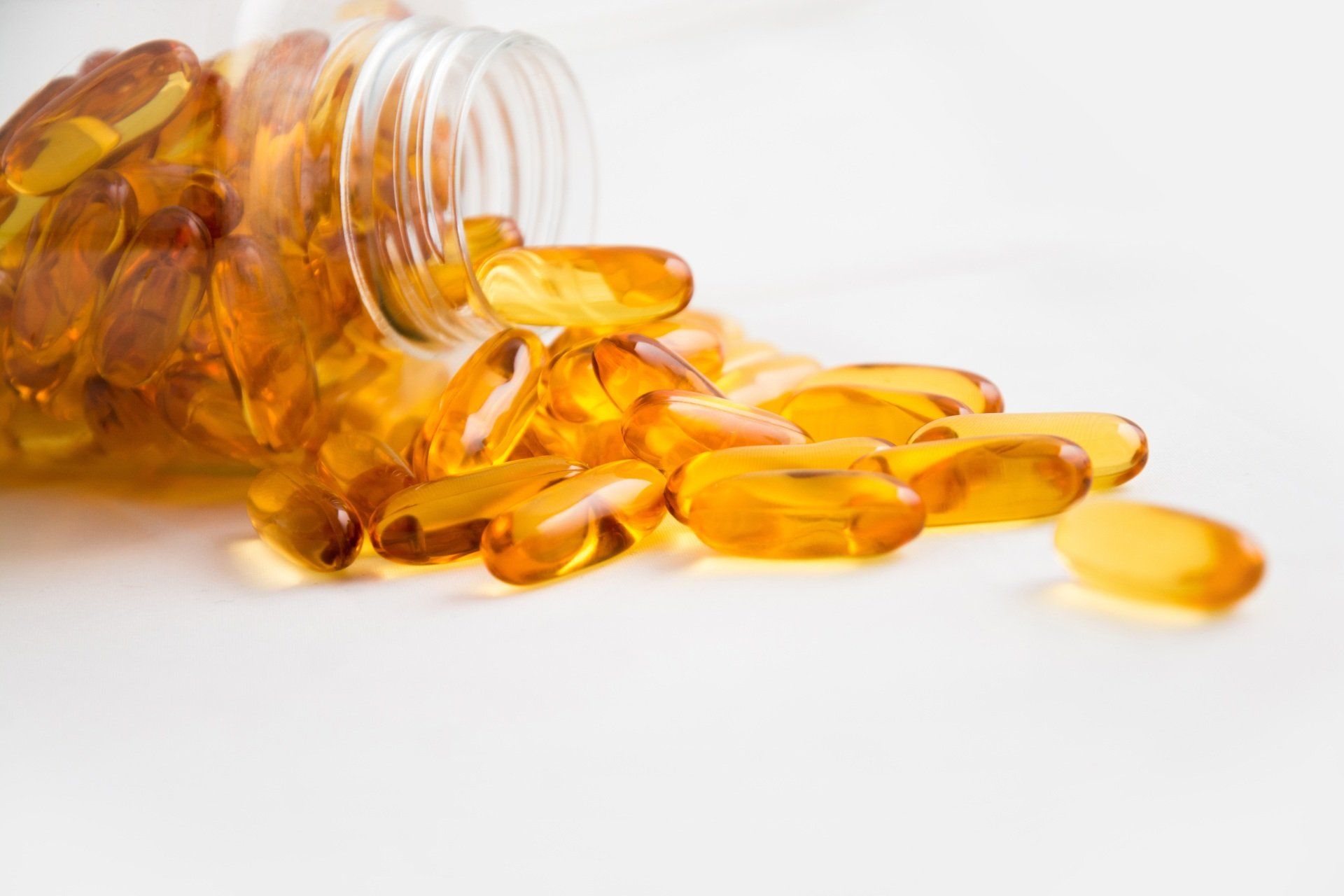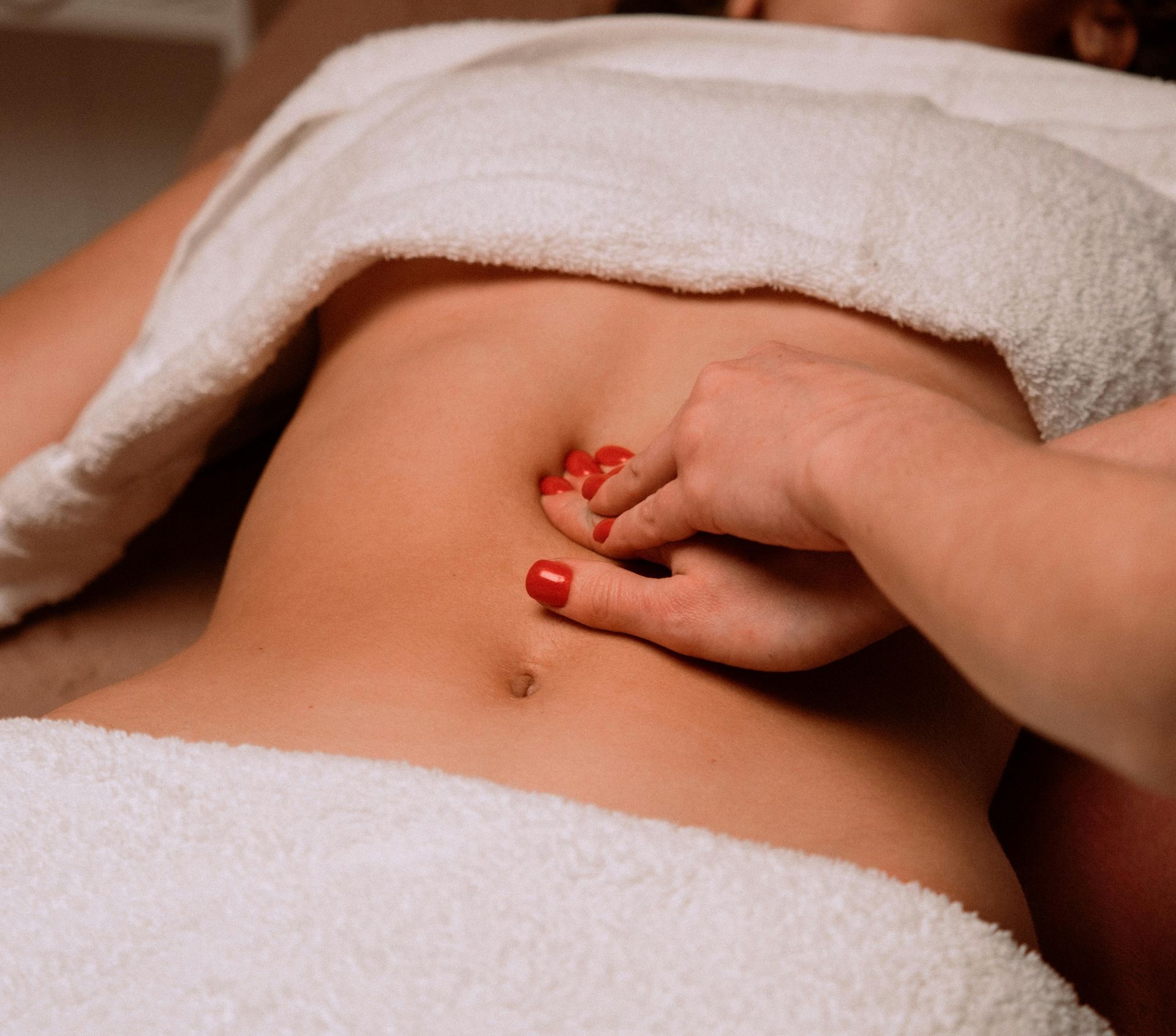Supplements to Improve Egg Quality and Quantity
Update from 2019: When we wrote this blog in 2011 we had no idea it would be our most-read and most linked blog of all times – earning an average of 17,000 views per year! One of the things that I love most about the Moon is that we’re always trying to innovate and we were definitely ahead of the curve with this one. At the time we wrote this blog, word on the street was that egg quality was immovable and that once a diagnosis of poor egg quality was given, that was it. Yet the core services we offer (acupuncture, yoga, nutrition, massage) argue that we can change health outcomes by creating balance in the body, in effect improving the environment in which bodily processes occur. So, it made perfect sense to us that supplements that support balancing hormones, improving sleep, lowering inflammation and providing better raw materials through healthy food could make an impact.

At the Moon we are constantly striving to increase our E.Q.I.Q. (Egg Quality I.Q.) and for years we have believed that nutrition can play a role in egg quality. However, until recently there were few studies to support this claim so we needed to temper our recommendations with the phrase “but there isn’t any clinical evidence for this yet. Now, several new investigations have shown that, yes, certain nutritional supplements may make a difference in egg quality. The goal of this blog is to summarize the latest clinical news, discuss the substances that are now showing potential benefits for women with poor egg quality and help you make choices about which supplements to improve egg quality and quantity may be right for you. As with any supplement protocol, you should always consult your physician before starting.
1. Myo-inositol
Very recently two clinical trials were published that clarified a lot of the unknowns about myo-inositol, a product we use at PDtM under the name of Ovasitol. Myo-inositol (MI) is a part of the B vitamin complex and is a known insulin-sensitizer. It has also been shown to improve both physical (hirsutism and acne) and reproductive (anovulation and amenorrhea) manifestations of Polycystic Ovarian Syndrome (PCOS). In addition, myo-inositol plays a role in cell growth and early studies indicated that higher levels of MI in the follicular fluid was associated with better egg quality.
Several exciting new studies have emerged that have shed new light on MI and its role in fertility, particularly Assisted Reproductive Technology. The latest study of interest demonstrated that treatment with 4 g per day of MI for three months prior to IVF improved egg quality in women who had failed a previous IVF due to poor egg quality. In this study the treatment also included 3mg per day of melatonin, which I will talk about next.
The supplement we carry at PDtM includes both myo–inositol and d-chiro inositol because clinical research we have seen to date on PCOS, egg and embryo quality suggest a combination approach is most effective. On another happy note, MI has also been shown to have a positive therapeutic effect on mood disorders that are responsive to SSRI’s (serotonin selective reuptake inhibitors) including depression, panic and OCD – a potential plus for the anxious, depressed fertility patient!
2. Melatonin
Melatonin is a hormone that is secreted by the pineal gland. It regulates our sleep/wake cycle as well as other hormones, in particular the hormones of the female reproductive cycle. New studies like the one above suggest that melatonin supplementation at a level of 3 mg per day may help to improve egg quality when taken with MI for several months prior to IVF.
There are caveats to the use of melatonin. Side-effects may include exacerbation of depression symptoms and patients who struggle with depression should make sure to discuss this side-effect with their physician. Melatonin should not be used with patients using thyroid medication as it can impact thyroid hormone levels. It can also suppress ovulation at high doses so in general we only recommend this supplement for women who will be using ART and a trigger shot to stimulate ovulation and/or retrieval.
Finally, melatonin should NOT be taken while pregnant or nursing. In general we do not recommend melatonin use for longer than 3 months without taking a break. It can also cause marked drowsiness and is best taken just before bedtime.
3. DHEA
DHEA (not to be confused with the omega-3 fatty acid DHA ) is a hormone that serves as a precursor of steroid hormones testosterone and estrogen. Research indicates it may also stimulate follicular development. Several studies have shown supplementation with 75 mg of DHEA daily to improve egg quality and pregnancy outcome in women who were “poor responders to IVF stimulation medication. Another study suggests that DHEA supplementation may reduce the risk of aneuploidy.
DHEA should be used with caution as it is a pretty powerful hormone and when used at high levels and over a long term it may damage the liver. Women who are pregnant or nursing should not take DHEA, nor should women with PCOS as this could exacerbate the condition. Like melatonin, we recommend a three month treatment period.
4. CoQ10
CoQ10 is a naturally occurring fat-soluble nutrient that is essential for energy production. CoQ10 has potent antioxidant properties and cell membrane stabilizing effects that make it beneficial for egg and sperm quality, specifically sperm motility. CoQ10 works within the mitochondria (the cellular power stations) in the cells and is essential for energy production. Until recently, CoQ10 was not thought to be a nutrient that required supplementation, as all normal tissue manufactures its own CoQ10; however, this production decreases naturally with age and is also lowered by certain drugs, including statins. When CoQ10 levels in the cells are low, energy production may be reduced and oxidative stress increased as a result.
CoQ10 has been shown to improve sperm quality and is now under investigation for potential use with women of advanced reproductive age undergoing ART to improve egg/embryo quality. The oocyte has among the highest concentrations of mitochondria of all body cells and uses immense amounts of energy in the process of maturation and ovulation. Researchers hypothesize that supporting the oocyte with CoQ10 may improve egg quality (Bentov et al. 2010).
The recommended dosage for overall health is 100-300 mg/day, or as directed by a nutritionist. The dosage under investigation in studies looking at egg quality is higher: 600 mg/day. CoQ10 appears to be a safe supplement: Studies have used supplementation of CoQ10 up to levels of 3,000 mg per day without adverse side effects. At present, the only risk to taking CoQ is the cost, as this supplement can be pricey, and no data currently exists on its usage in high doses during pregnancy.
5. Omega-3 Fatty Acid (EPA/DHA)
There is still no direct clinical evidence that omega-3 fatty acids improve egg quality but we are convinced they are a good bet and include them in our Egg Quality Protocol. Eicosapentaenoic acid (EPA) forms the backbone of many of the chemicals that halt inflammation in our body and also serves to support the health of our cell membranes. Docosahexaenoic acid (DHA) (not to be confused with DHEA above) is important for brain health and adequate stores of DHA are thought to be beneficial for the early cognitive development of the fetus. DHA may also be helpful for depression. Look for purity-tested products.
This is exciting news indeed but you should always speak with your physician before beginning a supplementation regimen of any kind. Of course, we would also be remiss if we didn’t mention that providing your body with the highest quality diet is also important for fertility. If you are specifically seeking to improve your egg quality you should also consider re-thinking your diet to limit inflammation, achieve good blood sugar control and get ample antioxidant nutrients from food sources. Our nutritionists at Pulling Down the Moon are specialists and will tailor their recommendations to your fertility diagnosis.
For more information about any of the supplements or info in this blog, please feel free to contact us or call us at: 312-321-0004. These supplements are available individually at our online store. We also offer an easy, one-click Egg Quality Supplement Bundle Package.
Meet Beth Heller
Beth Heller is a co-founder and co-director of Pulling Down the Moon, Inc., where she specializes in Integrative Care for Fertility (ICF). With a Master's Degree in Human Nutrition and Dietetics, she previously worked as a Nutrition Researcher on an NIH-funded study before discovering the powerful connection between mind and body through yoga. Beth's journey into yoga began in 1998, helping her regain her reproductive health, and she later delved into deeper practices, including meditation and breathwork. Despite experiencing the loss of a stillborn daughter, Beth found solace in yoga's ability to provide inner stability and hope. She co-founded Pulling Down the Moon and continued her personal fertility journey, eventually welcoming two sons. Beth's mission is to share the tools of yoga and traditional healing therapies with others facing fertility challenges, and she is an active member of relevant professional organizations while teaching yoga in the Chicago area.
Discuss With Us
Our Latest Resources
Questions or comments?
We would love to hear from you!
Fill out our form below and we will be in touch. We are open 7 days/week.
Footer Form
Thank you for contacting Pulling Down the Moon.
We will get back to you as soon as possible.
Oops, there was an error in sending your message.
Please try again later.
Visit Our Centers
Chicago (River North)
Highland Park
Resource Links
Copyright ©2021 Pulling Down the Moon Holistic Health | All Rights Reserved





